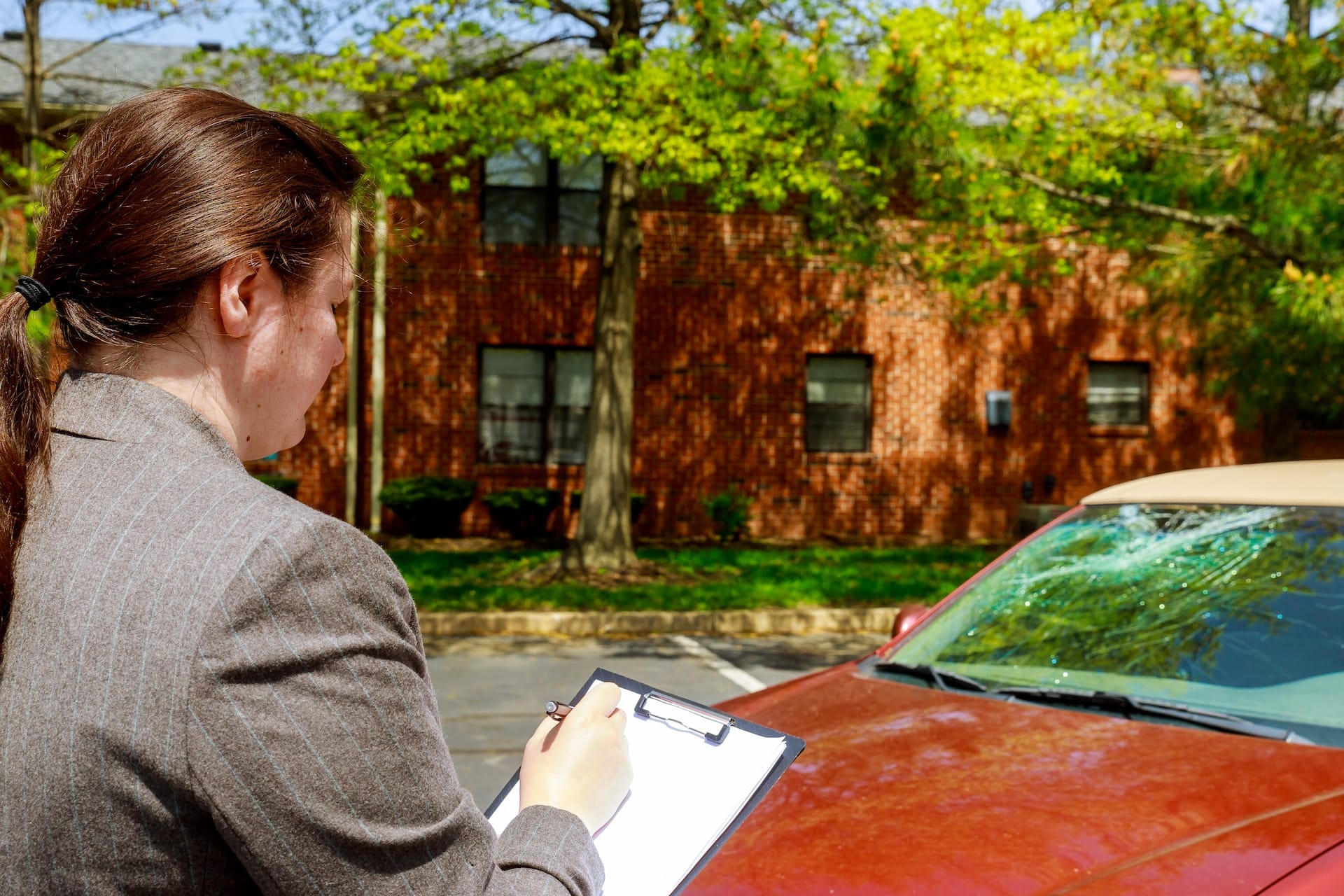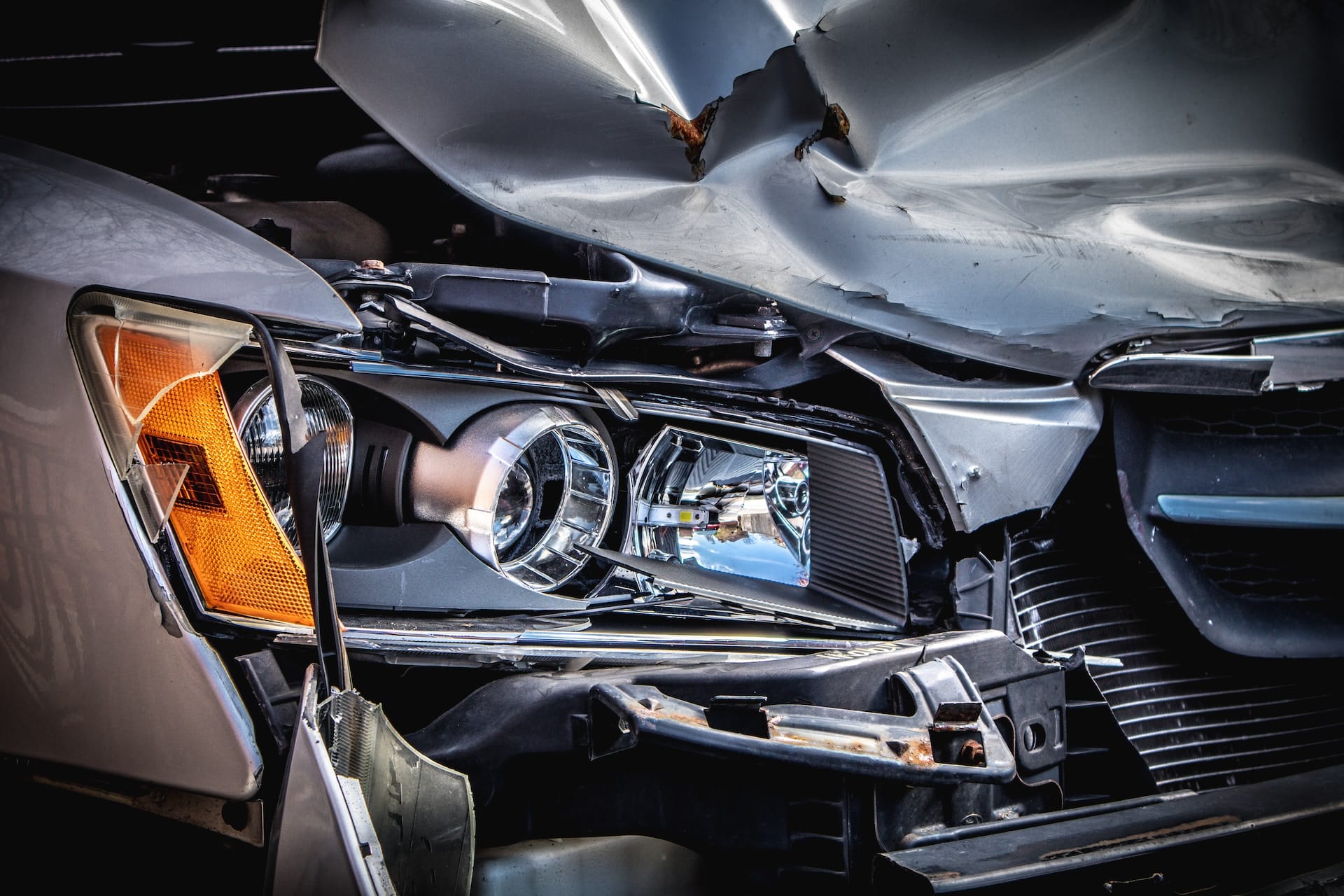Floods are undeniably one of the most devastating natural disasters that could cause extensive damage to properties. According to FEMA or the Federal Emergency Management Agency, even just an inch of water in a home can lead to $25,000 worth of damage. Sadly, standard homeowners’ insurance policies do not cover flood damage. That is where flood insurance comes in.
This blog will discuss what flood insurance is and what it covers:
What Is Flood Insurance?
Flood insurance is a kind of insurance policy that covers property damage caused by flooding. It is offered by the National Flood Insurance Program (NFIP), a federal program managed by FEMA. The program aims to minimize the impact of flooding on both private and public structures by providing affordable insurance to property owners in high-risk areas.
What Does Flood Insurance Cover?
Flood insurance covers damage to buildings and personal property caused by flooding. It is essential to note that the coverage limits and deductibles vary depending on the policy. Here are some of the things that flood insurance typically covers:
Building Property Coverage
Building property coverage pays for damage to the structural components of your home caused by floods. The coverage includes:
- Foundation, walls, and staircases
- Electrical and plumbing systems
- Central air conditioning and heating systems
- Built-in appliances like refrigerators, stoves, and dishwashers
- Permanently installed carpeting, paneling, and bookcases
- Window blinds and curtains
- Detached garages
Personal Property Coverage
Personal property coverage pays for damages to your personal belongings caused by floods. The coverage includes:
- Furniture like sofas, chairs, and tables
- Electronics like televisions, computers, and speakers
- Clothing and bedding
- Portable air conditioners and microwaves
- Washer and dryer
- Freezers and food stored in them
Certain valuables like artwork, jewelry, and furs may have limited coverage.
What Flood Insurance Does Not Cover?
It is essential to note that flood insurance doesn’t cover all types of damages caused by floods. Here are some of the things that flood insurance does not cover:
- Damage that is caused by moisture, mildew, or mold that the property owner could have avoided
- Currency, precious metals, and valuable papers, including stock certificates
- Temporary housing or living expenses incurred due to flood damage
- Cars and other vehicles
- Outdoor fixtures like swimming pools, hot tubs, and decks
Cost of Flood Insurance
The cost of flood insurance depends on various factors, like the property’s location, the age of the property, the type of coverage, and the deductible. Properties located in high-risk flood zones like coastal areas or near rivers and lakes will have higher premiums than those in low-risk zones. The average cost of a flood insurance policy is around $700 per year, but the cost may vary significantly depending on the factors mentioned above.
How to Purchase Flood Insurance?
Flood insurance is available to homeowners, renters, as well as business owners. The insurance is offered by licensed insurance agents who work with the NFIP. It is essential to note that flood insurance policies have a 30-day waiting period before becoming effective. So, it is recommended to purchase flood insurance well before the flood season.
Conclusion
Flood insurance is a crucial coverage that protects property owners from the damages caused by floods. It is vital to understand what flood insurance covers and what it doesn’t for you to make an informed decision. If you live in a high-risk flood zone, it is highly recommended to purchase flood insurance from a reputable insurance agency.
Bassine Insurance is a reliable insurance agency in Fort Myers offering a variety of insurance options, such as flood insurance, to secure your valuable possessions. We are focused on providing tailored solutions that safeguard the valuable assets and well-being of individuals and businesses. Feel free to reach out to us to discuss your unique insurance needs and let our experts help you and your family!










